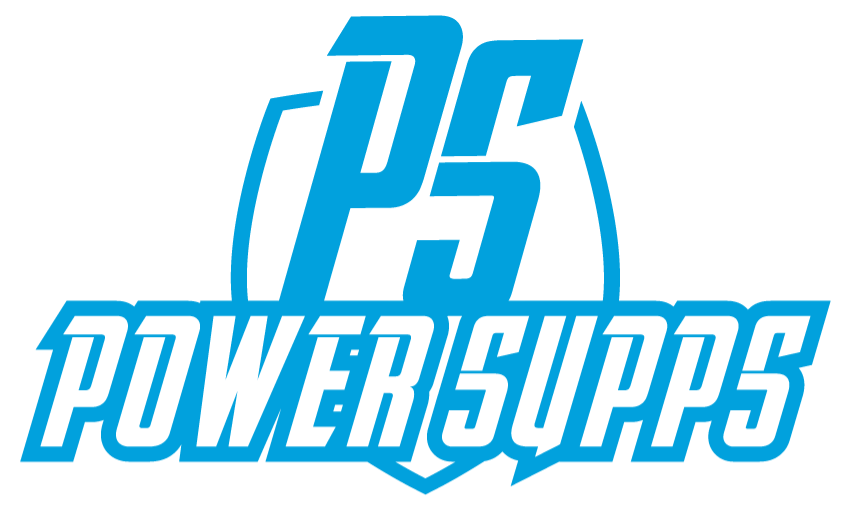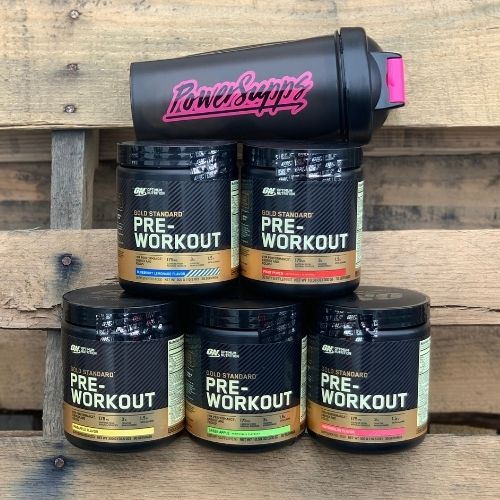Nutrition, Supplements
Banned Pre-workout Supplements Australia
Don’t you just love that pump and energy boost pre-workouts can give you? Some days, it just feels like you’re invincible, and the personal bests just keep coming. But with the way these sports supplements elevate your athletic and exercise performance, it almost feels illegal to feel so good.
Thankfully, most pre-workout supplements are entirely legal and generally safe for you to use. Still, Australia has flagged a few because they contain some banned ingredients.
So, let’s stay on the right side of the law, and in this article, we’ll give you a heads-up on the banned pre-workout supplements for Australia.
Which pre-workout supplements are banned in Australia?
Due to the adverse health effects caused or triggered by certain sports supplements, the Australian authorities deemed it necessary to ban products containing DMAA, DMHA, and DMBA. Surely, these ingredients aren’t so bad? Well, let’s just say the potential side effects could be lethal.
Which pre-workout supplements contain DMAA, DMHA, or DMBA? Here are a few you need to be aware of:
- Beta-Cret
- Hemo Rage Black
- Jack3d
- Mesomorph
- Neurocore
- Oxyelite
- 1 MR
- Muscle Sports Rhino
- Kodiak Attack
- Game Day
- Infrared
- Chaos and Pain 2-aminoisoheptane
- Chaos and Pain Cannibal Ferox AMPED
- Gold Star Triple X
What is DMAA?
DMAA (1,3-dimethylamylamine), also known as methylhexanamine or geranium extract, is a stimulant occasionally used in pre-workout supplements. It provides users with extra energy and can make them feel like they’re on an adrenaline-like high.
DMAA was often put across as a “natural” stimulant, but there isn’t any reliable science indicating that DMAA exists naturally in plants.
Why are pre-workouts with DMAA banned in Australia?
While the effects of DMAA give people a rush like nothing else they’ve known, and it’s not addictive, the issue that this ingredient poses is that it raises your heart rate and blood pressure to dangerous levels. There have been many cases where people have been rushed to the emergency room, and some people have even died after consuming products with DMAA.
Consuming supplement products that contain DMAA has often been linked to adverse effects such as:
- Headaches
- Nausea and vomiting
- Narrowing of blood vessels and arteries
- High blood pressure
- Stroke
- Death
What is DMHA?
DMHA, also known as 2 Aminoisoheptane or Octodrine, is a stimulant very similar to DMAA. It’s found in the Kigelia Africana fruit, and it works by boosting noradrenaline and dopamine uptake while simultaneously slowing down reuptake, which may give users a euphoric feeling while improving focus and increasing energy levels.
How do you know if a pre-workout contains DMAA, DMHA, or DMBA?
When you’re searching the Australian shelves for a pre-workout and you want to steer clear of a banned ingredient, the first place you should always look is the nutritional information on the supplement’s container. And yes, there are a lot of ingredients that are a mouthful to pronounce, but here are the sports supplement products you should be wary of when it comes to staying away from banned ingredients:
- Dimethylamylamine
- Geranamine
- Methylhexanamine
- Methylhexanenamine
- 1,3-DMAA
- 1,3-Dimethylamylamine
- 1,3-Dimethylpentylamine
- 2-Amino-4-methylhexane
- 2-Hexanamine, 4-methyl- (9CI)
- 4-Methyl-2-hexanamine
- 4-Methyl-2-hexylamine
- Octodrine
- 1-aminoisoheptane
- 1,5-dimethylhexylamine
- 4-amino-2-methylpentane citrate
- AMP citrate.
What should you do if you feel you’ve been harmed by a product containing a banned supplement?
As per the norm in addressing dangerous situations, the key is to remain calm and contact your general practitioner. We recommend notifying the supplement manufacturers and alerting the Therapeutic Goods Administration (TGA).
What are other banned substances in Australia?
DMAA is one of the major banned substances headlining in Australia, but it’s not the only one you should stay away from. Here are some other banned substances to keep an eye out for in pre-workouts and protein powders:
- Selective androgen receptor modulators (SARMs)
- Stenabolic
- Ibutamoren
- Cardarine
- Tadalafil
- Oxedrine (synephrine)
- Melatonin
- Phenibut
- Clomifene
- L-dopa
- DHEA
- Oxilofrine
How does a pre-workout become banned?
Our Australian authorities are always concerned with the general public’s health, and they don’t just ban certain products on a whim. Things that usually get substances banned in Australia, according to the World Anti-Doping Authority, are:
- It violates the spirit of sport
- It could potentially enhance, or it does improve, performance in sport
- It has the potential to present a risk to your health
Final Thoughts
Being aware of the pre-workout sports supplements that contain banned substances is a good practice, as not only does it keep you out of trouble for breaking the law, but it always safeguards your health. Banned supplements are banned for a reason, and skin-ripping pumps are not worth losing your life. Stay safe out there!

